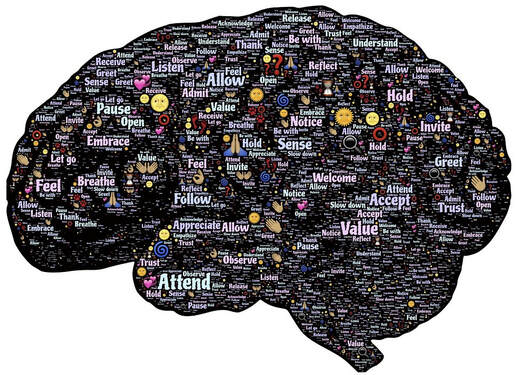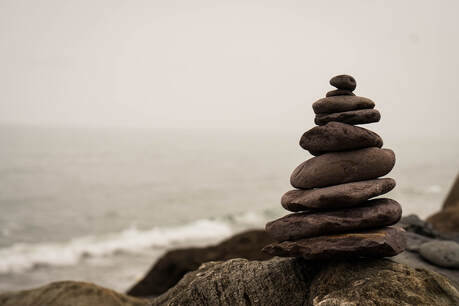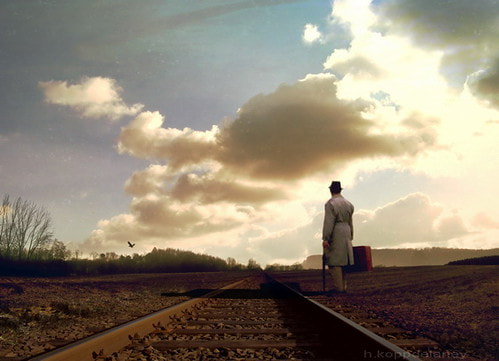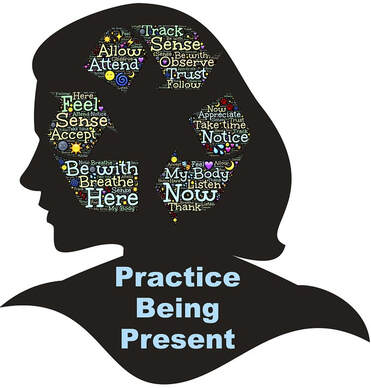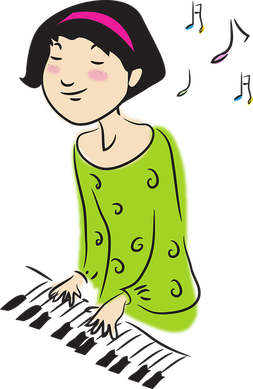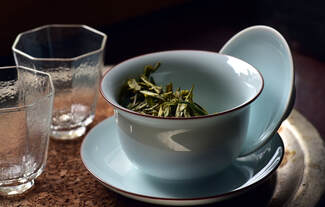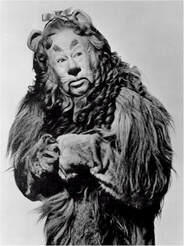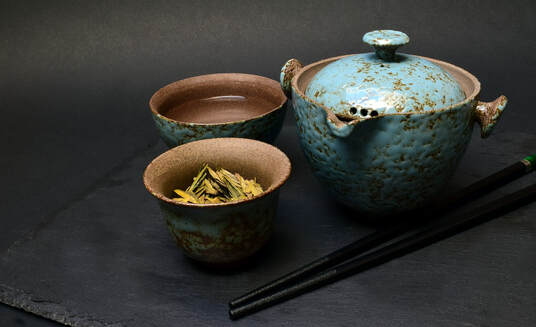|
*This post is part of my “Mindfulness, Mindset, & Imagination” series. See the end of this blog post for more information about registering for a music workshop where we’ll expand on these themes! How a Tea Ceremony Made Me a Better Pianist: |
Lesson Hours
|
Connect with me on Social Media!
|

